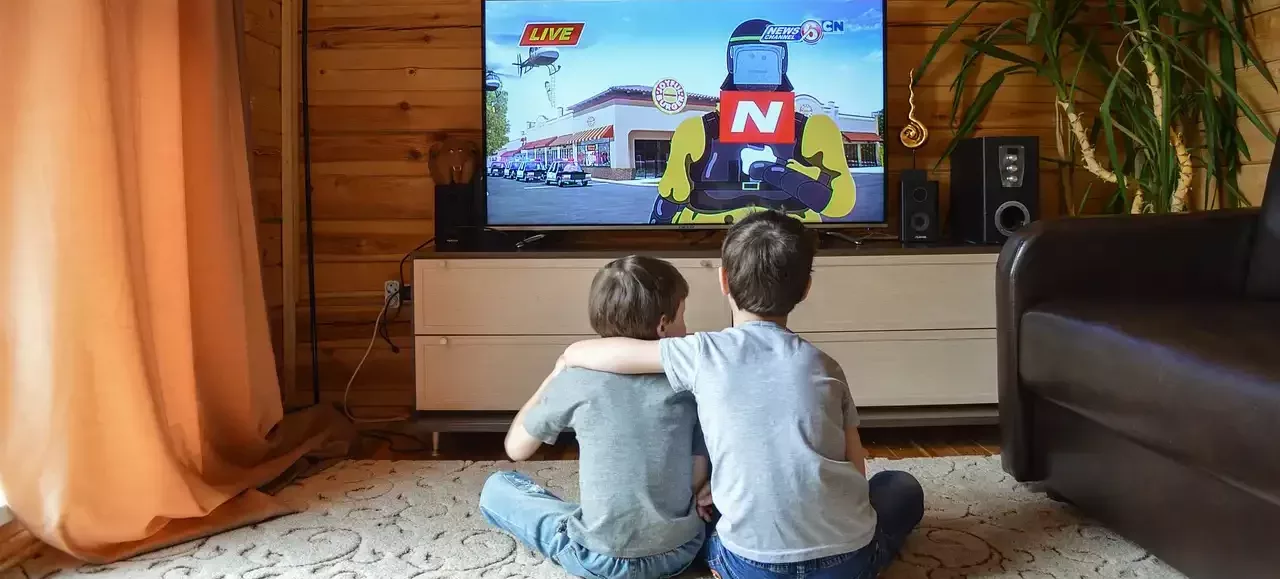Understandably, this is the concern of most parents who do not live in English-speaking countries, and today I am here to clear up many doubts and misconceptions about this issue. I will come straight to the point to list several important issues in learning English for children and teenagers:
I would like to convince people of the huge favor they are doing their children if every time they watch cartoon or their favorite shows, they do so in English. If this is done from a very early age, even from birth, this alone plus the grammar they are taught at school would give many of these children a level that would be better than many children who go to supposedly bilingual highly priced schools. This is something I have seen in students whose children have watched TV in English since they were born and in children of acquaintances. There are parents who think that the child suffers a lot because they comes home from school and are tired and the parents want the child to just relax with his favorite cartoons. If the child is two years old, obviously he does not speak English, but he does not speak much of his own language either, so in his own language he is also going to miss a lot of what is being said. I have also seen that children get used to everything very quickly and if they see that there is no option to watch TV in their own language, they soon forget about it and continue watching it in English while they play with their toys. This makes these children pick up the pronunciation in a natural way from a very young age.
It has been proven that a person who does not learn the pronunciation of a language before the age of twelve, will find it very difficult to learn the correct pronunciation after that, because even anatomically it is impossible for her to adapt her mouth to produce those sounds which are quite different from her own language. So, after the age of twelve the student does what he can to pronounce as close as possible to real English, but the person who learns before the age of twelve really has the option to have the correct pronunciation.
Obviously if the child speaks absolutely no English at all, this would not be adequate and would even be cruel. But if we are talking about children who study in schools where nowadays they try to have an education with includes many hours of English lessons per week, the fact of watching cartoons in English is the perfect complement for them to see how the theory they learn in class is put into practice on television.
This is my opinion in general terms, but of course each case is different, and each parent is responsible when it comes to make the right decision. Knowing their child’s circumstances, the parents will decide if it is the right decision for that child to watch all their favorite shows in English, or if on the contrary it is causing a problem in which case of course the welfare of the child is more important than learning a language.
If the child is really going to have a hard time watching TV only in English because he/she does not understand anything while watching his/her favorite cartoons, a very useful trick is to allow him/her to watch some cartoons in their original language, for example in Spanish, and the next day show him/her the same cartoons and the same chapter but this time in English. This way the child already knows the plot and everything that has happened the day before, and can simply enjoy watching it again, but this time his ear starts to become familiar with English, which will make it much easier for him to produce the correct pronunciation when he is watching the cartoon.
Finally, let’s not forget that the most important thing is the child’s happiness, for it will not be very practical if the child comes to hate English altogether. Therefore, this leaves in the parents’ hands the difficult task of finding a balance between the child learning English but at the same time not having a bad time. Sometimes we can be too demanding and hard, and sometimes too soft and protective, and I know that the balance is very difficult. As I am not a pedagogue or psychologist, I can only give you my opinion based on the children I have seen in this process. I think that they do not really suffer from watching favorite cartoons in English, but in the cases where they understand very little, the mid-way solution of playing the same cartoon episode first in their own language and then in English seems to me to be quite well accepted by them.
I hope this article has been useful to you and that you can help your little ones to improve their English with no stress. At the moment I don’t give classes to children because I found online teaching quite challenging when it came to the young learners, although I know many teachers have really learned to master this! If, however, you are an adult or represent a teenager fifteen or over, you can contact me to arrange a class whenever you want.



